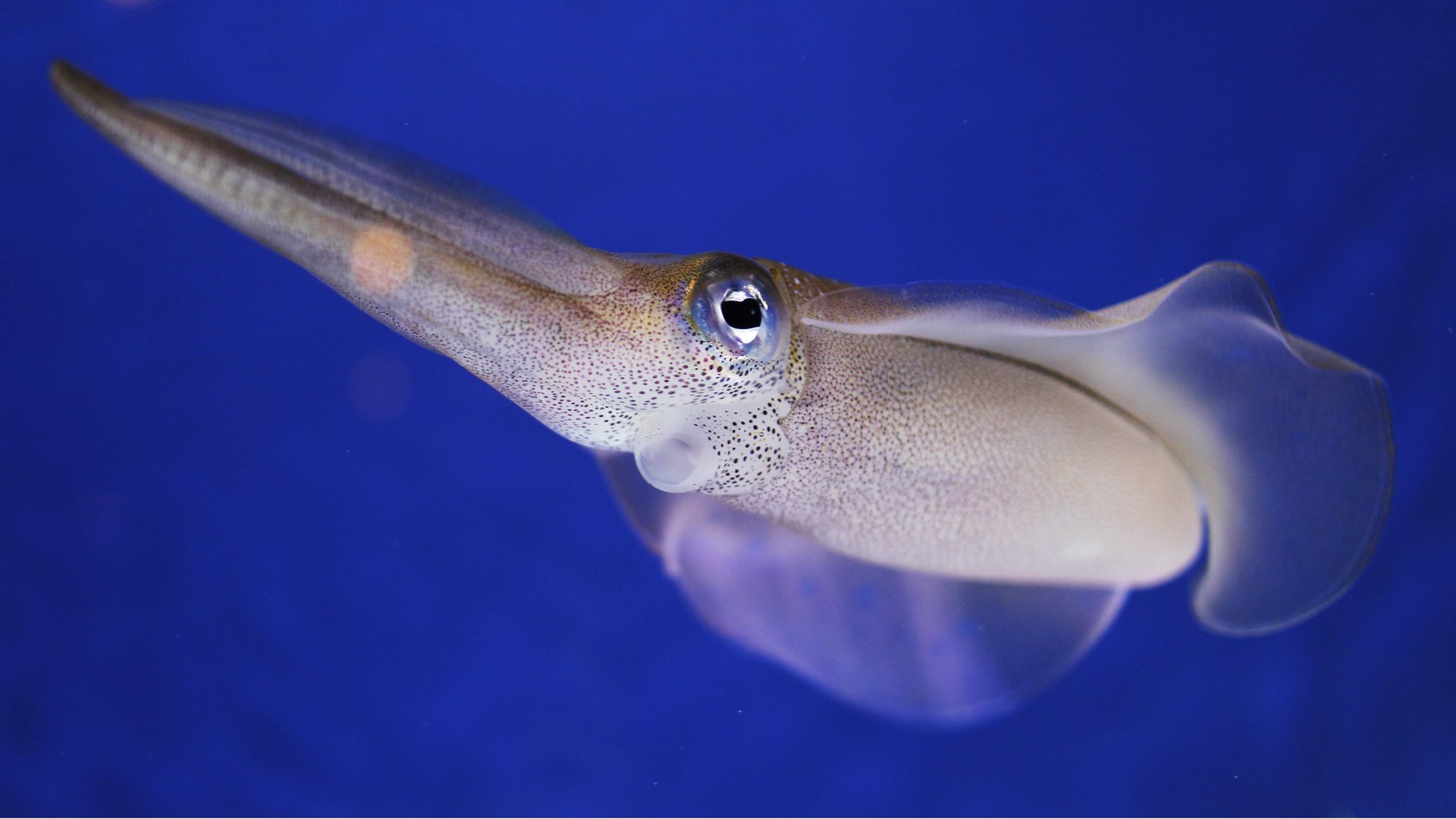Warming oceans might actually be good news for the original sea monster
Squid occupy a powerful place in our imagination. They are the original sea monsters, immortalized in Jules Verne’s classic novel Twenty Thousand Leagues Under the Sea and in Scandinavian folklore, in which a cephalopod creature emerges from the sea to wreak havoc as the kraken.


Squid occupy a powerful place in our imagination. They are the original sea monsters, immortalized in Jules Verne’s classic novel Twenty Thousand Leagues Under the Sea and in Scandinavian folklore, in which a cephalopod creature emerges from the sea to wreak havoc as the kraken.
New science shows no one should write them off in the real world. They’ll probably be around a lot longer than humans, even as the planet experiences intense climatic changes.
Some marine biologists have assumed the squid population would take a hit in waters with higher concentrations of carbon dioxide. And that makes sense: Squid blood is highly sensitive to changes in acidity, and scientists say the creatures already live on the edge of their environmental oxygen limits because their swimming technique is so energy-intensive.
Now it turns out they might actually thrive, even while other animals—including humans—struggle to cope with the warming planet. That’s what new research out of James Cook University in Queensland, Australia is showing.
An ocean of climate issues
Atmospheric concentrations of carbon dioxide are unquestionably on the rise. Before the industrial revolution, it measured at levels of 280 parts per million (ppm). Today, that number has climbed up to 400ppm, and it’s expected to rise to more than 900ppm by the end of the century unless emissions are curbed. The rapid change is expected to have a profound effect on ocean ecosystems.
Carbon dioxide dissolved in water winds up forming carbonic acid. That increased acidity could wind up creating a chain reaction that’s harmful to most animals. Chinese scientists in 2017 found, for instance, that it negatively impacts tiny cyanobacteria. Those tiny creatures play a crucial role in ocean ecosystems because they perform a process called nitrogen fixation, turning nitrogen gas into ammonia and other molecules that many organisms need.
The hope is that new policies will stop carbon dioxide concentrations from ever reaching 900ppm, but curious as to how that level might impact squid, the James Cook researchers decided to experiment.
Squid take it to a new level
They picked two species of tropical squid—two-toned pygmy squid and bigfin reef squid—and caught them with mesh dip nets. Back at their lab, the researchers separated them into different tanks with varying levels of carbon dioxide concentration.
“We found that these two species of tropical squid are unaffected in their aerobic performance and recovery after exhaustive exercise by the highest projected end-of-century CO2 levels,” lead researcher Blake Spady said in a statement.
Not only were they unaffected, the scientists surmised the results might even indicate the squid would perform well in the changed ecosystem. If their typical predators and prey are adversely impacted, it’d make it easier for the squid when hunting for food.
“We are likely to see certain species as being well-suited to succeed in our rapidly changing oceans, and these species of squid may be among them,” Spady added. “The thing that is emerging with most certainty is that it’s going to be a very different world.”